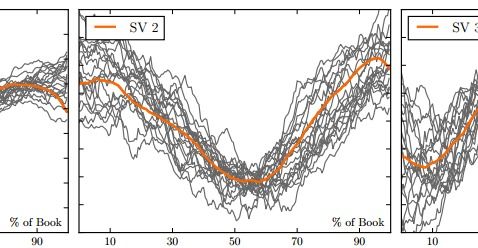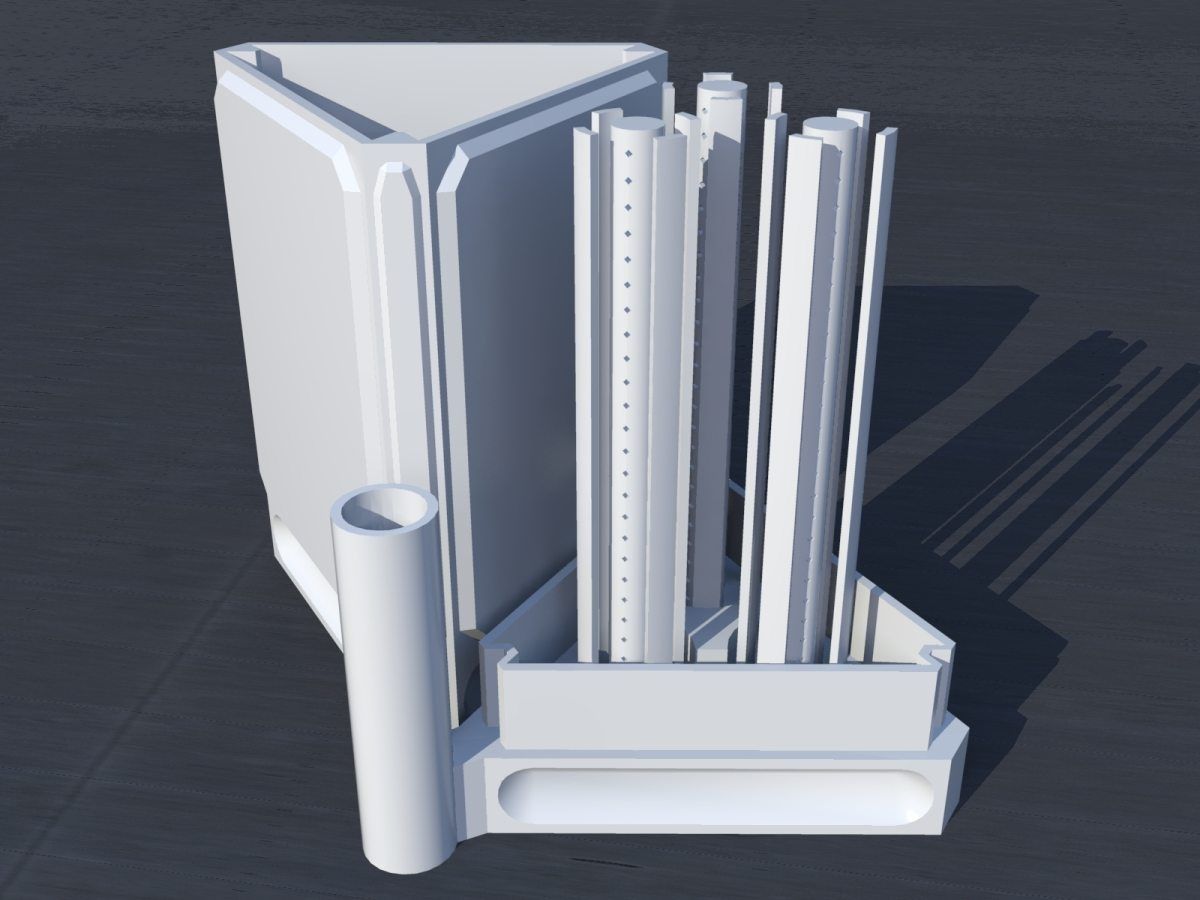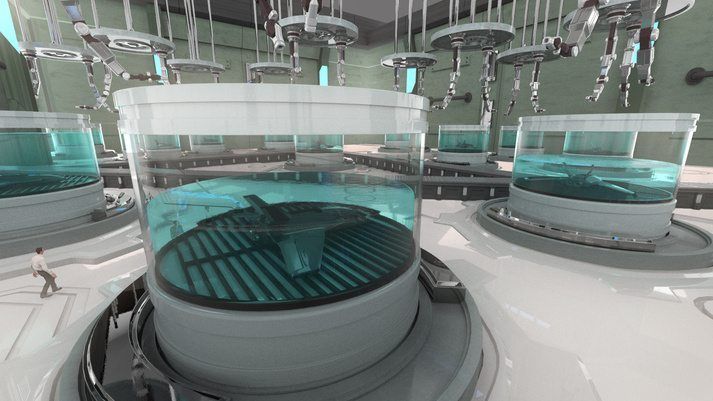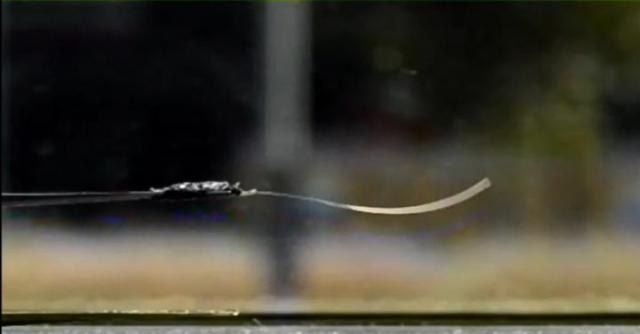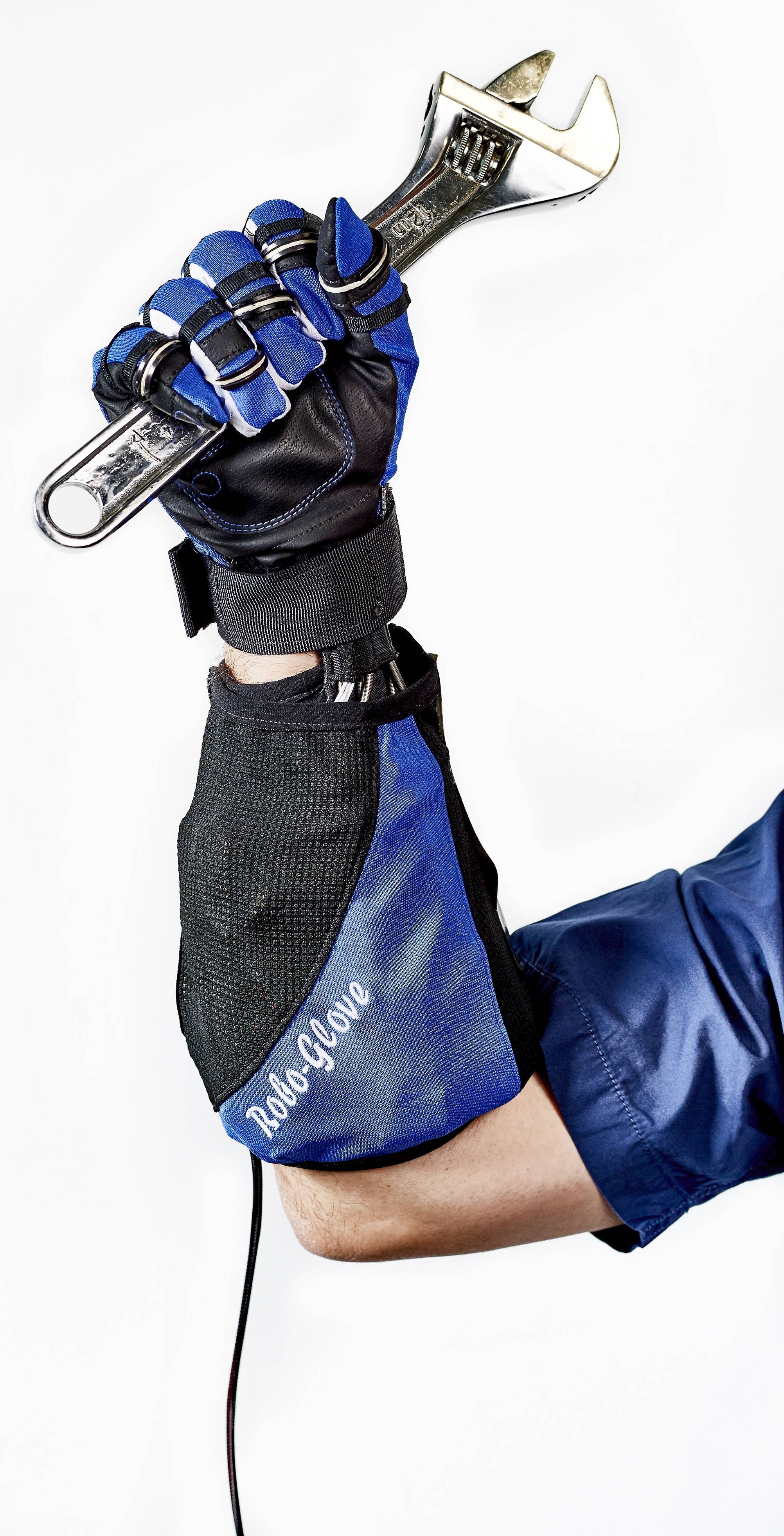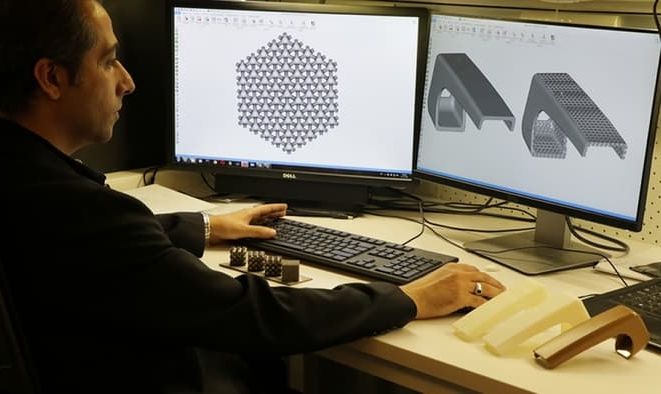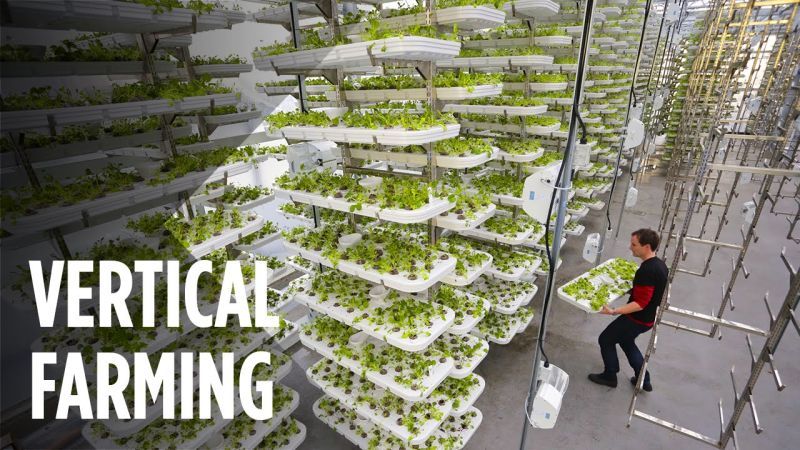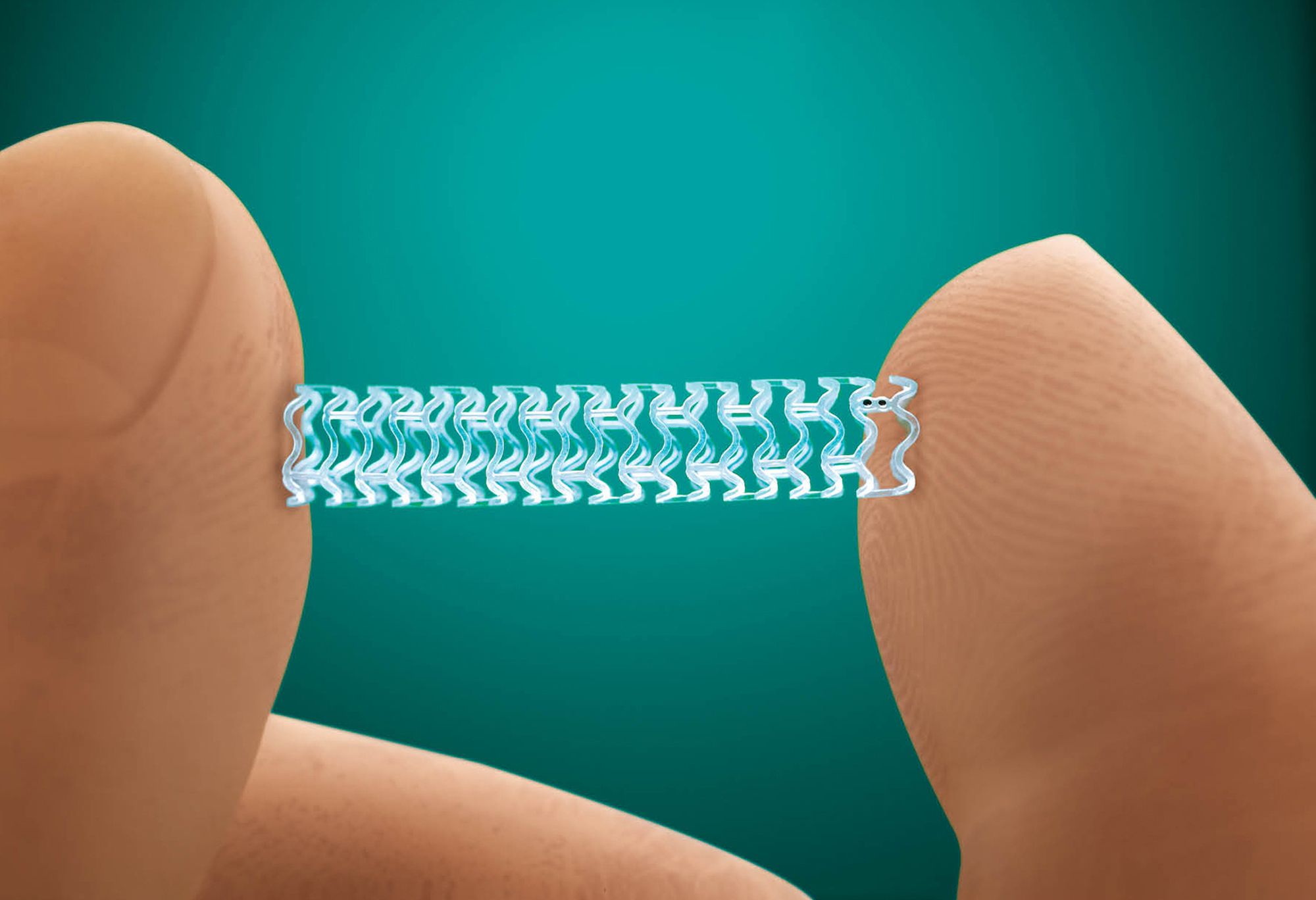Page 11073
Jul 6, 2016
Star Trek Competition Takes 3D Printing to Space
Posted by Klaus Baldauf in categories: 3D printing, education, food, space, sustainability
Space and technology have collided in a recent design challenge hosted by Star Trek and NASA. Future Engineers has once again called upon students to push their creative boundaries. Since February 2016, they have been working hard to engineer 3D printable design concepts aimed at food sustainability in space. More than 400 students from 30 US states created amazing solutions that would aid astronauts in harvesting, preparing, eating and disposing of food while on long-duration space missions. A panel of judges from NASA, the American Society of Mechanical Engineers (ASME) Foundation, and Made In Space, Inc. selected Kyle Corrette from Phoenix, Arizona and Sreyash Sola from Asburn, Virginia as winners of their respective Teen Group and Junior Group. Judges also selected three finalists from each group, who were each awarded a MakerBot Replicator Mini Compact 3D printer for their school and a PancakeBot for their household. Winners Corrette and Sola received a grand prize trip to New York City for a private viewing of the Space Shuttle Enterprise with astronaut Mike Massimino at the Intrepid Sea, Air and Space Museum, as well as a VIP tour of MakerBot’s headquarters in Brooklyn, New York.
Read more about each finalist’s innovative design concept below:
Jul 6, 2016
Can we really grow aircraft?
Posted by Karen Hurst in categories: 3D printing, drones, transportation
BAE systems and a professor at Glasgow University have revealed a way to really grow drones with an advanced form of chemical 3D printing.
The news has already swept the mainstream news sites, even though this is little more than a theoretical exercise right now. Professor Lee Cronin, the man behind the concept, freely admits that he has a mountain to climb to turn this dream into a reality.
The video, then, which depicts a pair of printer heads laying the absolute basics in a vat before the drone literally grows from almost nothing, is really a pipe dream right now.
Jul 6, 2016
Innovative Plastic Material has Ability to Move Spontaneously in Visible Light
Posted by Karen Hurst in categories: solar power, sustainability
It would be interesting to see how this could be used in solar panels that can adjust themselves to capture the best/ high quality sun rays;
Written by AZoM
A team of researchers from Eindhoven University of Technology (TU/e) and Humboldt University in Berlin showcased a thin layer of plastic material in the Nature Communications journal, which has the capacity to move spontaneously under the influence of daylight. The researchers feel that this flexible plastic is appropriate as a self-cleaning surface, for example it can be used in solar cells.
Continue reading “Innovative Plastic Material has Ability to Move Spontaneously in Visible Light” »
Jul 6, 2016
GM working on ‘robo-glove’ for factories
Posted by Karen Hurst in categories: biotech/medical, robotics/AI
General Motors is working with NASA and medical technologies company Bioservo to develop a battery-assisted robotic glove that can be used in assembly plants.
The technology was initially developed from a partnership between GM and NASA that resulted in RoboGlove, a force-multiplying tool that looks like a large electrified work glove.
The RoboGlove uses sensors and actuators comparable to the nerves, muscles and tendons in a human hand.
Continue reading “GM working on ‘robo-glove’ for factories” »
Jul 6, 2016
Super-strong and airy 3D-printed supermaterials inch closer to reality
Posted by Karen Hurst in categories: 3D printing, materials
Researchers at the Masdar Institute are creating 3D printed high performance materials with custom-designed mechanical, thermal and electrical properties by manipulating the materials’ internal structures.
Jul 6, 2016
Paralyzed chimp walks, courtesy touch screen tech
Posted by Karen Hurst in categories: biotech/medical, computing
In a first, Japanese scientists have used a computer programme and a touch screen device to encourage a paralysed chimpanzee to walk again, showing that euthanasia need not be the only option for animals injured in captivity.
Jul 6, 2016
A Section of Route 66 Will Become America’s First Public Solar Road
Posted by Montie Adkins in category: solar power
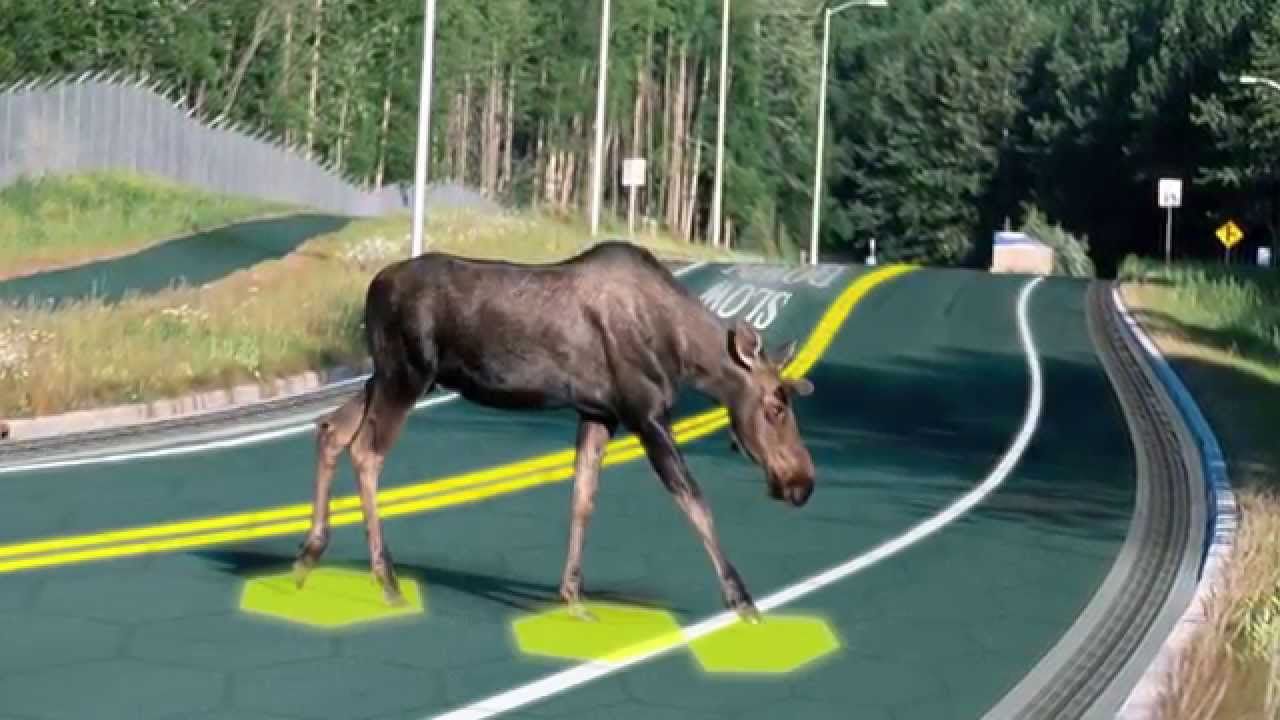
I’ve seen people try and shoot this down, but it’s on its way.
Missouri will line a swath of the iconic highway with special energy-generating photovoltaic pavers.
Continue reading “A Section of Route 66 Will Become America’s First Public Solar Road” »
Jul 6, 2016
The World’s Largest Vertical Farm Is Being Built in New Jersey
Posted by Shailesh Prasad in categories: food, sustainability
A huge vertical farm—where crops are planted, grown, and harvested all with neither sun nor soil—is being built in New Jersey. When it’s finished, it will be the largest one in the world.
You can see one of the (smaller) existing factories from AeroFarm, on which the new one will be modeled, above in this video from Seeker Stories. Nothing they are doing or planning is really new—people have been growing vegetables indoors under LED lights, minus the soil, for a very long time now. Even the factory spin is nothing new. Japan’s Mirai factory has been doing something similar on a slightly smaller scale for years now. What is interesting here, though, is just how big this place is.
Jul 5, 2016
FDA approves first dissolving stent for US patients
Posted by Karen Hurst in category: biotech/medical
Glad it has been approved. This would have been great for BMI technology as well; however, FDA limits it to only treat clogged arteries.
WASHINGTON (AP) — A medical implant that slowly dissolves into the body could be the answer to long-standing safety concerns with devices used to treat clogged arteries.
But not so fast, say experts.
Continue reading “FDA approves first dissolving stent for US patients” »
